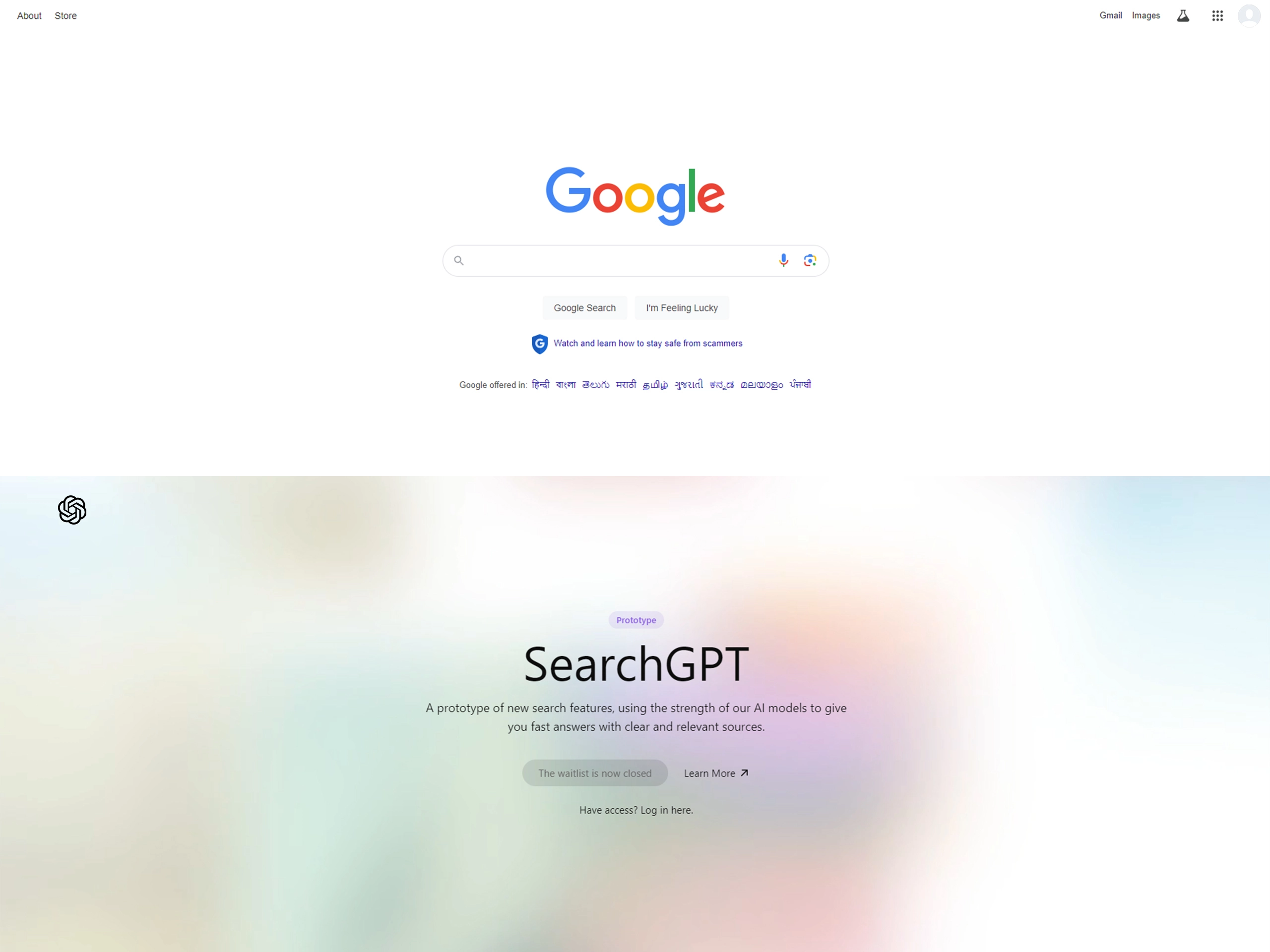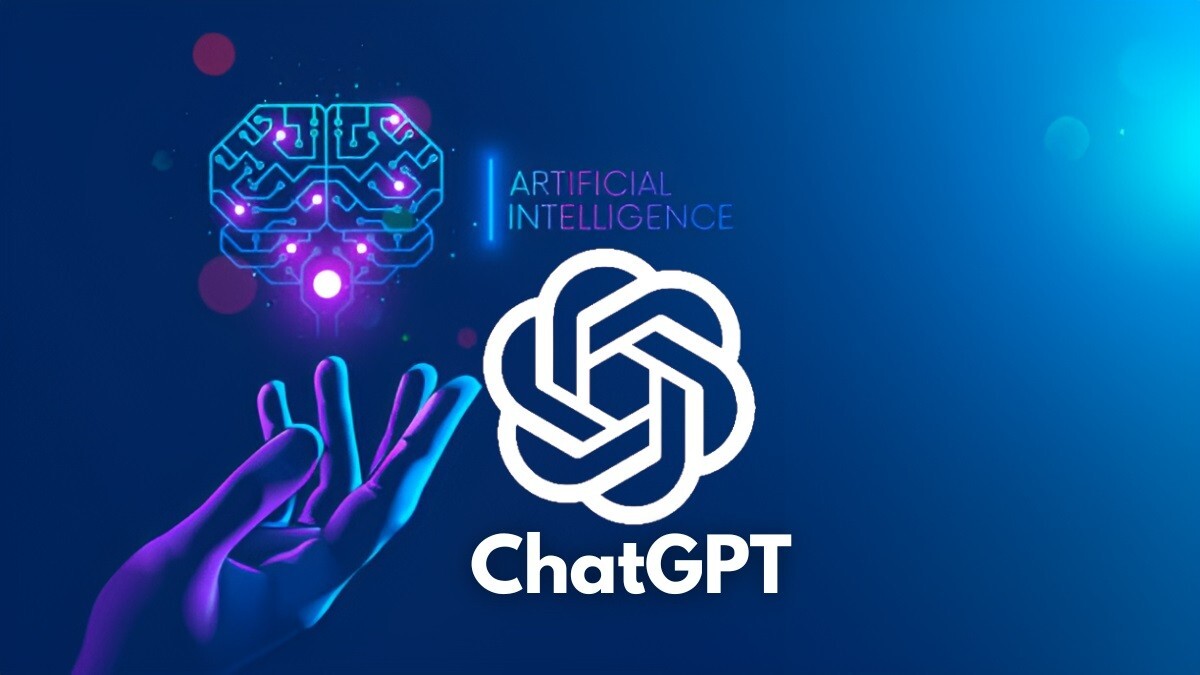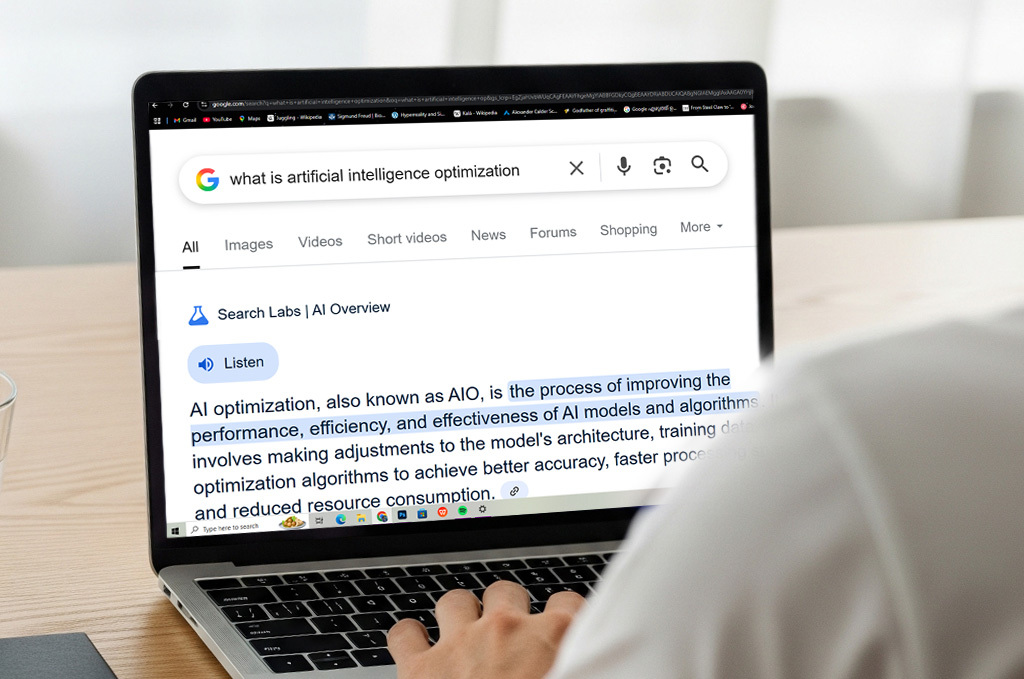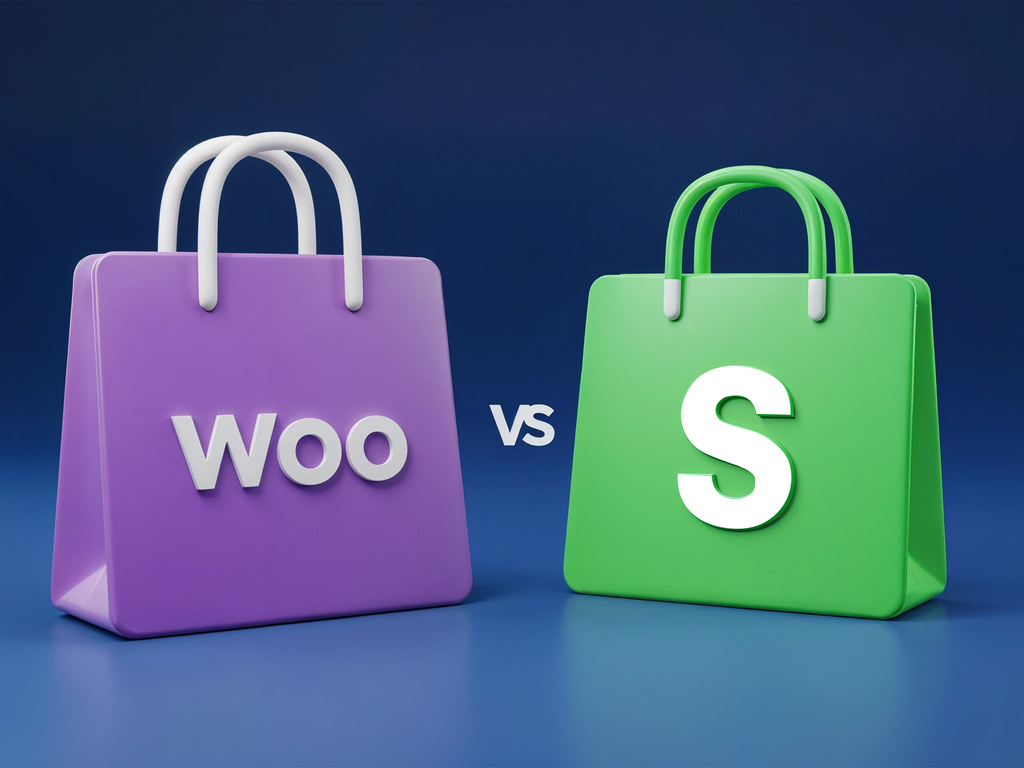
The Future of SEO if ChatGPT Kills Search Engines
The digital landscape has undergone profound changes over the past two decades, with search engines playing a central role in how information is accessed and utilized. Search engine optimization (SEO) emerged as a critical strategy for businesses to ensure their visibility in search results. However, the advent of advanced AI technologies, particularly ChatGPT and similar large language models, poses an intriguing question: What will the future of SEO look like if ChatGPT kills search engines?
Introduction
The dominance of search engines like Google has defined the digital age, creating an ecosystem where SEO became indispensable. Websites optimized their content to rank higher in search results, driving traffic and potential revenue. As AI-powered conversational agents like ChatGPT become increasingly sophisticated, there is speculation that these tools might supplant traditional search engines. This potential shift prompts a reevaluation of SEO’s role and strategies in a future where AI-driven interactions are paramount.
The Evolution of Search Engines and SEO
 The Early Days of Search Engines
The Early Days of Search Engines
The inception of search engines in the 1990s revolutionized information retrieval. Early search engines like Yahoo! and AltaVista laid the groundwork, but it was Google’s algorithmic advancements that set the stage for modern search. Google’s PageRank algorithm, which considered both the quantity and quality of links to a page, became the gold standard for search engines.
The Birth of SEO
As search engines evolved, so did strategies to optimize for them. SEO emerged as a key practice for businesses to improve their online visibility. Initially, SEO focused on keyword stuffing and backlink accumulation. Over time, it became more sophisticated, incorporating factors like user experience, mobile optimization, and content quality.
The Modern SEO Landscape
Today’s SEO is a complex, multifaceted discipline. It includes on-page SEO (content, HTML code), off-page SEO (backlinks, social signals), and technical SEO (site speed, mobile-friendliness). SEO professionals now prioritize creating high-quality, relevant content and ensuring that websites meet stringent technical standards set by search engines.
The Rise of AI and ChatGPT
The Advent of AI in Digital Search
Artificial intelligence has progressively influenced digital search. Features like Google’s RankBrain and BERT are AI-driven algorithms that enhance search accuracy by better understanding user intent and natural language queries.
ChatGPT: A Game Changer
ChatGPT, developed by OpenAI, represents a significant leap in AI capabilities. It can generate human-like text based on a vast corpus of information, engaging users in natural conversations. This technology is not just a tool for answering queries but also for creating content, providing recommendations, and much more.
The Shift Toward Conversational AI
With the rise of voice assistants like Siri, Alexa, and Google Assistant, the shift toward conversational AI has become evident. These tools use natural language processing (NLP) to understand and respond to user queries, offering a more interactive and intuitive search experience.
 How ChatGPT Could Supplant Search Engines
How ChatGPT Could Supplant Search Engines
Direct Information Retrieval
ChatGPT can provide direct answers to user queries, bypassing the need for traditional search engines. Instead of sifting through search results, users can get concise, accurate information immediately. This direct retrieval method challenges the conventional search model, where users rely on a list of ranked websites.
Personalized and Contextual Responses
One of ChatGPT’s strengths is its ability to offer personalized responses based on user context and history. This personalization goes beyond what current search engines can offer, making interactions more relevant and tailored to individual needs.
Enhanced User Engagement
Engagement with ChatGPT is inherently different from traditional search. The conversational format encourages more dynamic interactions, allowing for follow-up questions and clarifications. This engagement model could lead to higher user satisfaction and reliance on AI-driven responses.
Potential Reduction in Website Traffic
If users increasingly rely on AI like ChatGPT for information, the traffic to traditional websites may diminish. This shift would have significant implications for businesses that depend on search engine traffic for visibility and revenue.
 The Impact on SEO Strategies
The Impact on SEO Strategies
Rethinking Keyword Optimization
In a future dominated by AI interactions, traditional keyword optimization might become less relevant. Instead, the focus could shift to optimizing content for conversational AI, ensuring that information is structured and presented in a way that AI can easily interpret and relay to users.
Emphasizing High-Quality Content
High-quality, authoritative content will remain crucial. However, the criteria for quality might evolve to prioritize content that can be effectively utilized by AI. This includes clear, concise writing, structured data, and comprehensive answers to potential user questions.
Technical SEO and Structured Data
Technical SEO will likely place greater emphasis on structured data and schema markup. Structured data helps AI understand the content better, enabling it to provide more accurate responses. Ensuring that websites are technically sound and data-rich will be essential.
The Role of Backlinks
The importance of backlinks might diminish if AI-driven tools become the primary information sources. Instead, the authority and reliability of content could be determined more by data accuracy and relevance than by traditional backlink metrics.
User Experience and Engagement
User experience will continue to be vital, but the metrics for measuring engagement might shift. Instead of focusing solely on website traffic, businesses might need to consider how well their content integrates with AI tools and how effectively it engages users in conversational contexts.
Adapting to the New SEO Landscape
Optimizing for Conversational AI
To thrive in an AI-dominated landscape, businesses will need to optimize their content for conversational AI. This involves understanding how AI interprets and uses content, ensuring that information is easily accessible and accurately presented.
Investing in AI-Driven Tools
Investing in AI-driven SEO tools and technologies will be crucial. These tools can help analyze how AI interprets content, providing insights into optimization strategies. Leveraging AI to enhance content creation and distribution will also be essential.
Building Authority and Trust
Building authority and trust will remain fundamental. This can be achieved through consistent, high-quality content creation and establishing a strong online presence. Authoritative content will likely be favored by AI tools, making it a key factor in maintaining visibility.
Fostering Direct User Engagement
Direct user engagement through platforms and channels that integrate AI will become increasingly important. Businesses should focus on creating seamless interactions with users, leveraging AI to enhance customer service and user experience.
Staying Informed and Agile
The digital landscape is continually evolving, and staying informed about the latest AI and SEO developments will be vital. Businesses must remain agile, ready to adapt their strategies as new technologies and trends emerge.
Case Studies and Predictions
Case Study: Early Adopters of AI-Driven SEO
Several businesses have already begun integrating AI into their SEO strategies. For instance, companies like HubSpot and Salesforce use AI tools to analyze user behavior and optimize content. These early adopters provide valuable insights into how AI can enhance SEO efforts and drive better results.
Predicting the Future of SEO
The future of SEO in an AI-dominated world is both challenging and exciting. While traditional SEO practices might evolve or diminish, new opportunities will arise. Businesses that embrace AI and adapt their strategies will be well-positioned to thrive. The focus will likely shift from optimizing for search engines to optimizing for user intent and AI interpretation.
The Role of AI in Shaping Content
AI will play a significant role in shaping content creation and distribution. Tools like ChatGPT can assist in generating high-quality content, conducting research, and providing real-time insights into user preferences. This will enable businesses to create more targeted and effective content strategies.
Conclusion
The potential for ChatGPT and similar AI technologies to disrupt traditional search engines is significant. As AI becomes more advanced and integrated into daily life, the SEO landscape will inevitably change. Businesses must be proactive in adapting to these changes, focusing on optimizing for AI-driven interactions and maintaining high standards of content quality and authority.
The future of SEO will likely involve a blend of traditional practices and new, AI-driven strategies. By staying informed and agile, businesses can navigate this transition successfully, ensuring continued visibility and engagement in a rapidly evolving digital world.
While the demise of traditional search engines is not certain, the rise of AI like ChatGPT presents a fascinating glimpse into the future of digital interactions. Embracing these changes and evolving SEO strategies accordingly will be crucial for businesses aiming to stay ahead in the digital age.




